The top four candidates competing for California’s open U.S. Senate seat debated for the first time Monday night and gave voters their first look at how the contenders handled themselves against their rivals on a range of hot topics before ballots go out next month for the March 5 primary election.
Moderators Elex Michaelson, a Fox 11 News co-anchor and host of political talk show “The Issue Is,” and Melanie Mason, senior California political reporter for POLITICO, grilled the contenders on hot topics — the economy, the border, crime, abortion, Israel and Gaza, candidate and former President Donald Trump.
The event pitted Democratic Reps. Adam Schiff of Burbank, Katie Porter of Irvine and Barbara Lee of Oakland against Republican former Los Angeles Dodgers and San Diego Padres star first baseman and political newcomer Steve Garvey.
Memorable moments
Each of the four contenders had some memorable lines.
Schiff landed a haymaker on Porter after she criticized him for accepting money over the years from corporate donors, telling her “I gave that money to you, and only response I got was ‘thank you!’”
Porter zinged Garvey, who voted for Donald Trump for president in 2016 and 2020, on his refusal to say whether he’d vote for him again.
“Once a Dodger, always a Dodger,” Porter quipped.
Garvey landed a jab on Lee who in responding to a question about mass migrant crossings at the border had declared that “no person is illegal,” where he noted that “if you break the law, it’s illegal.”
Lee landed one back on Garvey though in a discussion on homelessness when she added after he talked about going out and speaking with homeless people about their plight, “as someone who’s been homeless, I cannot believe how he described his walk and touching and being there with the homeless.”
Where each struggled
Schiff seemed to have trouble on the state of the economy, saying that on a scale of 1-10, he’d give it a 7. Though he acknowledged that “still, people are struggling” which he attributed to marginalization of labor, his rating of the economy was higher than those of the other contenders who put it more at 5-6.
Lee, asked why she deserves a promotion to the Senate when her city, Oakland, is awash in crime, losing sports franchises and businesses, had difficulty mounting a response, saying “I’m the most experienced progressive who gets the job done” and that “public safety is on everybody’s mind, I understand that we have to have a public safety plan.”
Porter had trouble making the case that her Democratic rivals’ pursuit of federal “earmarks” spending in their districts is a problem. Schiff and Lee were ready for it and quick to point out that they’ve delivered important benefits for their constituents. Schiff noted that late Sen. Dianne Feinstein, whose seat they are seeking, “fought to bring billions of dollars back to California” and that “any senator who says ‘no, I’m not going to fight for those resources,’ that would be wonderful news for 49 other states.”
Garvey struggled to explain why he won’t say whether he’d vote for Trump this year — a difficult position for him, as the former president is increasingly popular with California Republicans whose votes he needs in the primary, but opposed nearly 2-1 across all California voters. He defended why he felt Trump was the best candidate in 2020 and 2016 but as for this year said only “at the end of the day it’s all a personal choice.”
How the candidates reacted
Schiff’s campaign declared him the winner minutes afterward with Campaign Manager Brad Elkins stating that “Adam walked away from this debate with a clear victory having demonstrated he is the leader Californians need to get things done in Washington and that he has the strongest record in this race.” He avoided raising his voice during the debate, was poised, but ready with answers to the jabs he expected were coming his way.
The other candidates didn’t go that far. The California Republican Party said that “Republican Steve Garvey clearly stood out as the only consensus builder candidate on the stage who will bring fresh ideas to Washington to help fix our hurting state and nation.” Some on social media suggested Garvey seemed slow, sharing memes of a sloth.
Lee, whose trailed the pack in polls, was quick with responses, and moderators struggled to get her to keep within her allotted response times. Afterward, her campaign touted her expressing her “lived experience” with issues such as abortion, homelessness, health care and discrimination as a Black woman, and declared that “Congresswoman Barbara Lee emerged as the true progressive candidate in the race.”
Porter’s team took to social media afterward to point out her highlights, including her argument that “it’s going to take more than earmarks to solve homelessness in California,” that “Californians deserve a senator who will stand up to corporate power,” and that “Washington is broken.” That last point was one Garvey later said “Here’s one thing I agree with Katie Porter on.”
The questioners
How did the moderators handle the event? Several times the candidates, Lee in particular, went over their agreed-upon response limits, and rival candidate Christina Pascucci, whose polling didn’t earn her an invite to attend, said afterward the “moderators quickly lost control of the debate.”
But the moderators earned praise from KCBS political reporter Doug Sovern for asking “really smart, sharp questions” and “holding these candidates to account.”
“That’s not always easy,” Sovern said, “and it’s often not done this well.”
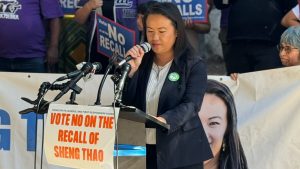
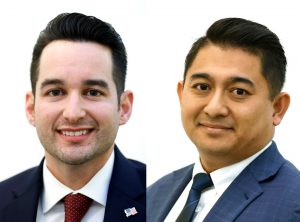

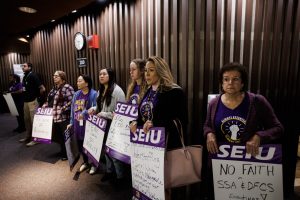
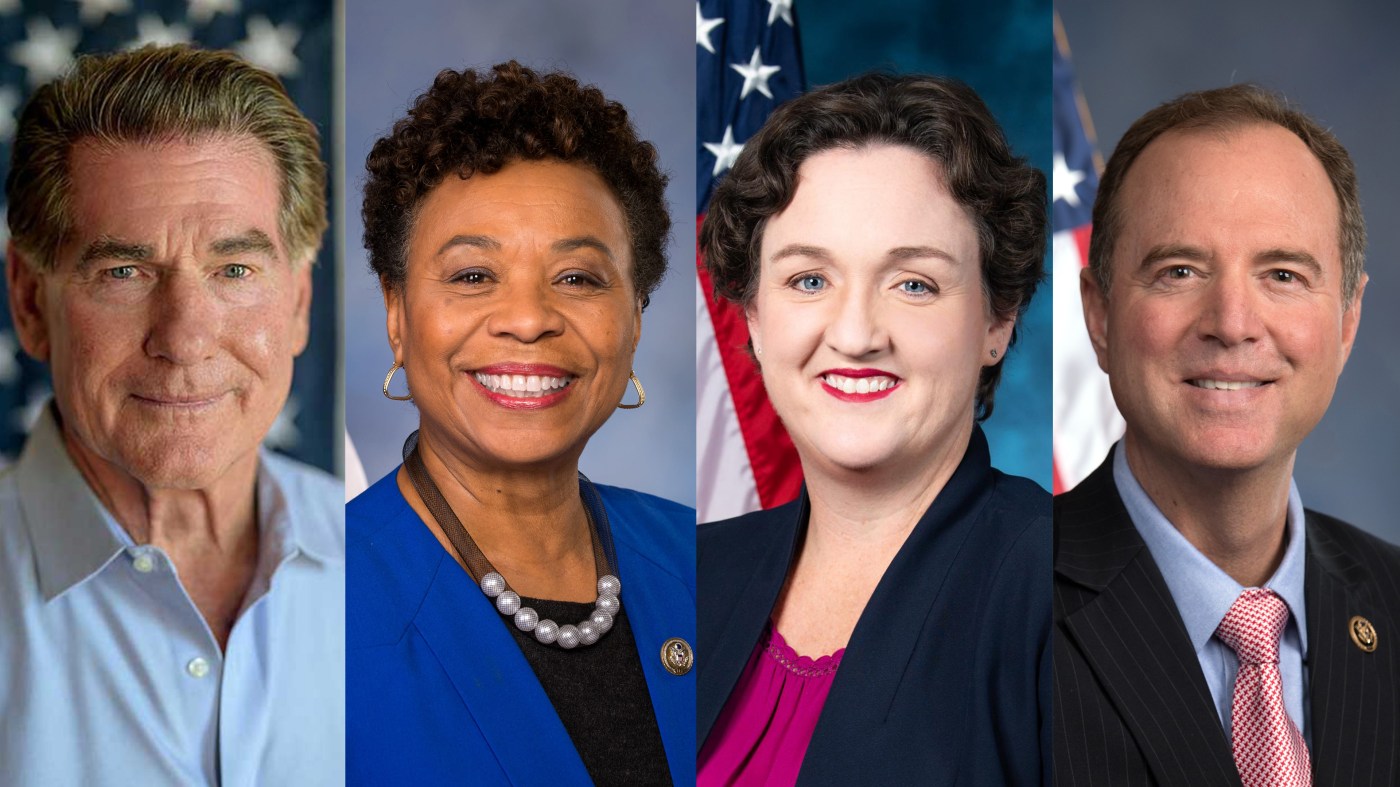
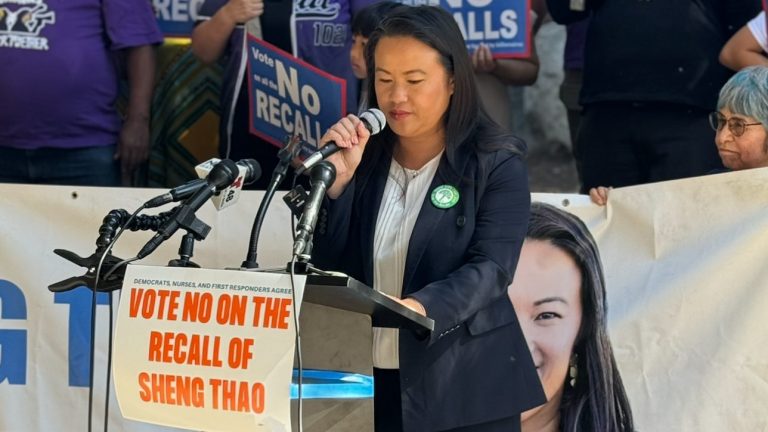
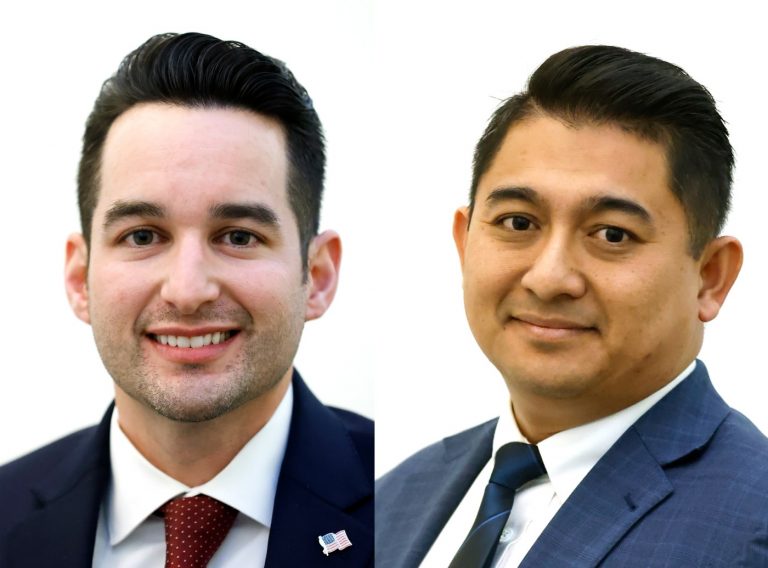

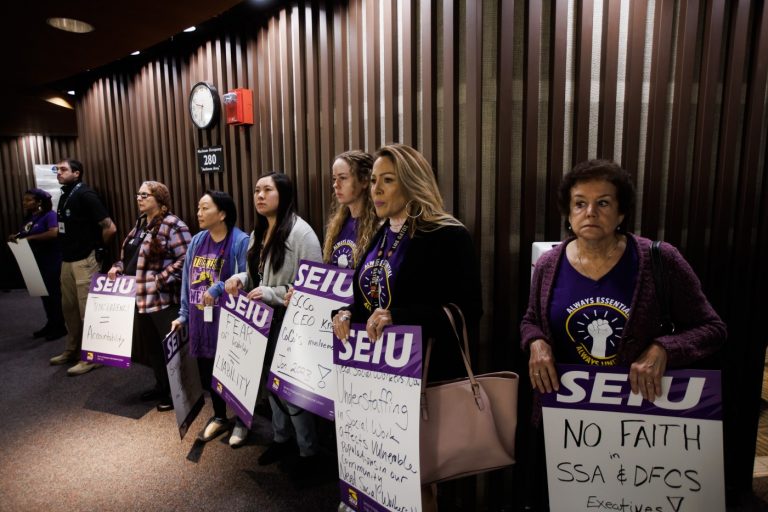
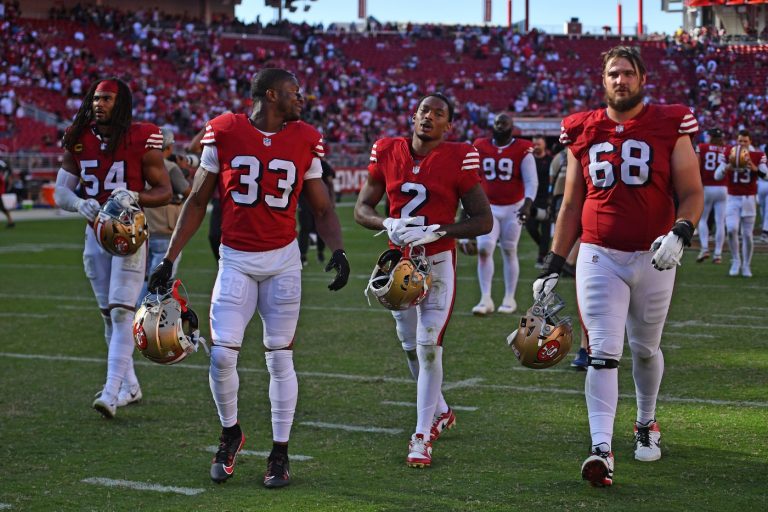

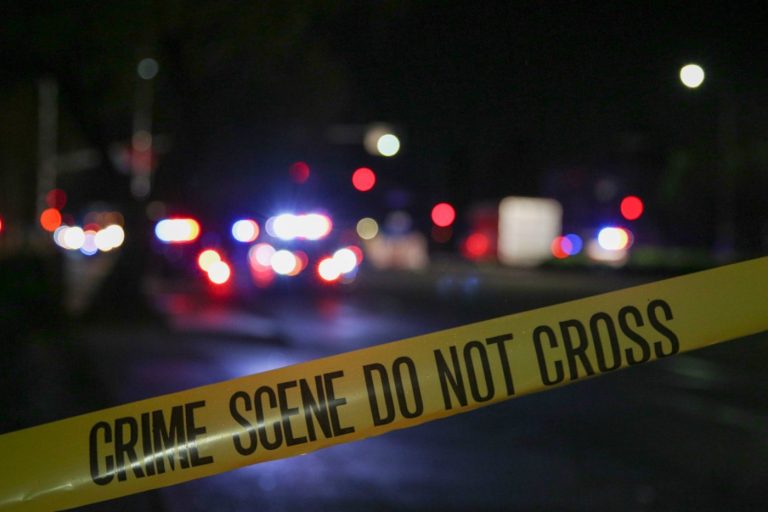
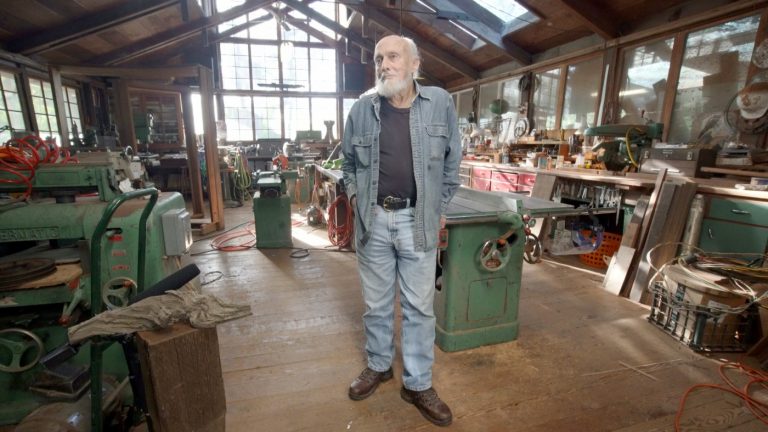
+ There are no comments
Add yours